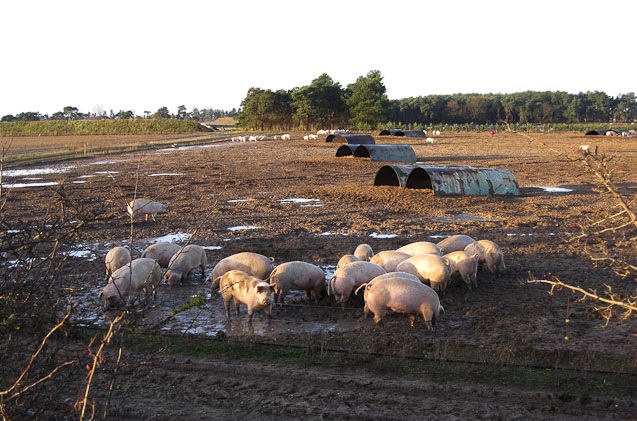
One in five farms and businesses connected to the pig industry would struggle to survive without migrant labour, an industry survey has indicated.
The survey, by the National Pig Association (NPA), shows a further one in four would have to significantly alter how they operated if the supply of migrant workers, primarily from the EU, was cut off, the survey showed.
The NPA is one of a number of organisations across the farming sectors currently seeking information on the extent to which the industry relies on EU labour, as the Brexit vote casts uncertainty over the future of current arrangements.
The online NPA survey received well over 100 responses from across the pig industry.
Key findings
• 58 per cent of businesses employed at least one migrant worker, with 9 per cent employing between 11 and 50 and 2 per cent more than 50
• 12 per cent of respondents said migrant labour accounted for between a quarter and a half of their workforce, while in 8 per cent of cases more than half of workers employed came from outside the UK
• More than 90 per cent of migrant workers referred to in the survey were employed on a full-time basis
• 93 per cent came from the EU, with the remainder coming from elsewhere in Europe, New Zealand, Australia and Canada
• 20 per cent of respondents said their businesses would not survive at all without migrant labour, while a further 25 per cent would be forced to make changes to how they operated. 6 per cent said they did not know the impact.

Brexit implications
The Brexit vote was won partly on the basis the UK would no longer have to abide by the EU’s free movement of labour rules, leading many EU workers to question their long-term future in the UK.
Defra Ministers have acknowledged industry concerns on the issue and have flagged up the possibility of new schemes that would give the UK farming industry access to workers from Europe and beyond after we leave the EU.
But NPA chairman Richard Lister expressed concern that the government’s Brexit migration policy was likely to favour skilled workers over unskilled, which would not be helpful to the pig industry.
He said: “Any future schemes set up to ensure the future supply of migrant labour must encourage full-time workers to come and live in the UK, which is what the pig industry requires, rather than focus on short-term seasonal work, as previous schemes have.”
The vote has had another more immediate effect, as the dramatic fall in the value of the pound has made the UK a less attractive place to work for overseas workers, compared with, for example, Germany.
Some major UK processors are concerned about their ability to attract sufficient staff numbers in the run up to Christmas.
Industry reliance
Mr Lister said: “Our survey confirms the extent to which the entire pig supply chain relies on EU labour to function. Without it, many businesses would struggle to continue or would be forced to significantly alter how they operate.
“Brexit raises a number of questions over the immediate and longer-term availability of this vital source of workers. It is therefore absolutely essential that the Government sends out positive messages on migration to reassure EU workers that they will continue to be welcomed with open arms in our industry.”
NPA policy services officer Lizzie Wilson added: “We will use the results of the survey push the Government to introduce schemes that ensure EU labour continues to be available to the UK pig sector after we leave the EU.”
